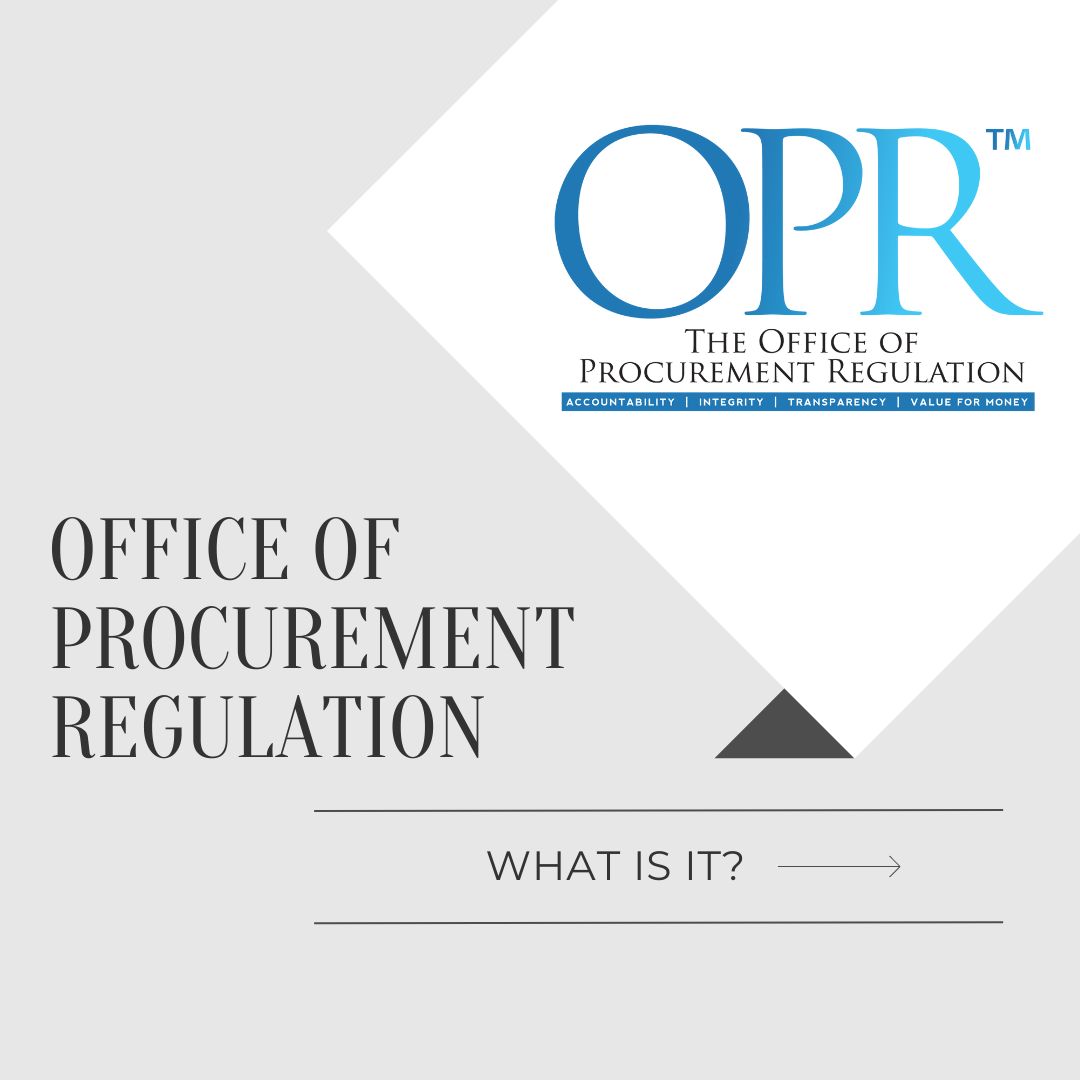Lets delve into the essential topic of statutory requirements for businesses. Understanding and complying with statutory obligations is crucial for the smooth operation and legal compliance of any business. We will explore various statutory requirements that businesses need to adhere to, including regulatory filings, tax obligations, licensing and permits, employment laws, and other legal frameworks. By providing insights and guidance on meeting these statutory obligations, this post aims to help businesses navigate the complex landscape of regulatory compliance and ensure they are operating within the bounds of the law.

About Registrar General
The Companies Registry (“the Registry”) is a division within the Registrar General’s Department (‘RGD’). The Registry is under the direct administration of the Registrar General.
The Registrar General is the Registrar General of Business Names under the Registration of Business Names Act, Ch. 82:85, and the Registrar General of Newspapers pursuant to the Newspapers Act, Ch. 20:01. The Registrar General is also the Registrar of Companies the Companies Act, Ch. 81:01.
The Registry has a responsibility to its various clients and stakeholders to not only ensure that there is compliance with filing requirements under applicable legislation, but also to provide them with data and its other services in a timely and efficient manner.
These clients and stakeholders include, but are not limited to, commercial enterprises, industries, the legal, accounting and other professions, the judiciary, law enforcement, other Government agencies, Ministries and diplomatic missions.
About The Office of Procurement Regulation
To regulate public procurement, retention and disposal of public property through capacity development, leveraging technology, monitoring and enforcement to promote best practices and socio economic development in Trinidad and Tobago.
The Office of Procurement Regulation (OPR) is a corporate entity established under the Public Procurement and Disposal of Public Property Act, 2015, which was enacted to govern public procurement and property disposal in line with principles such as accountability, integrity, transparency, and value for money. Additionally, the Act aims to support local industry development, sustainable procurement, and sustainable development.
The Act received assent on January 14, 2015, and was partially implemented through Legal Notice 150 of 2015. This allowed for the formation of the OPR, the appointment of Board Members, the execution of certain OPR functions, and the drafting of regulations. The OPR was fully implemented on April 26, 2023, as per Legal Notice 106 of 2023.

Tax Obligations
Tax obligations are a fundamental aspect of business operations for all types of enterprises. From sole proprietorships to large corporations, businesses are responsible for fulfilling various tax requirements imposed by local, state, and federal authorities. This includes filing accurate tax returns, timely payment of taxes, maintaining proper tax records, and compliance with tax laws and regulations. Understanding and meeting these tax obligations are essential to avoid penalties, maintain financial transparency, and contribute positively to the overall economy.
Navigating the Legal Requirements for Starting and Owning a Business
We’ll walk you through the essential legal obligations every entrepreneur must consider when starting and running a business. From registering your business name to understanding licenses, permits, and tax compliance, we’ll cover the key areas to help you navigate the process with confidence.
Whether you’re launching a small startup or scaling an existing venture, knowing the rules of the game will save you time, money, and potential complications down the road. Stay informed, stay compliant, and focus on growing your business!
Let me know if you’d like additional details or edits.